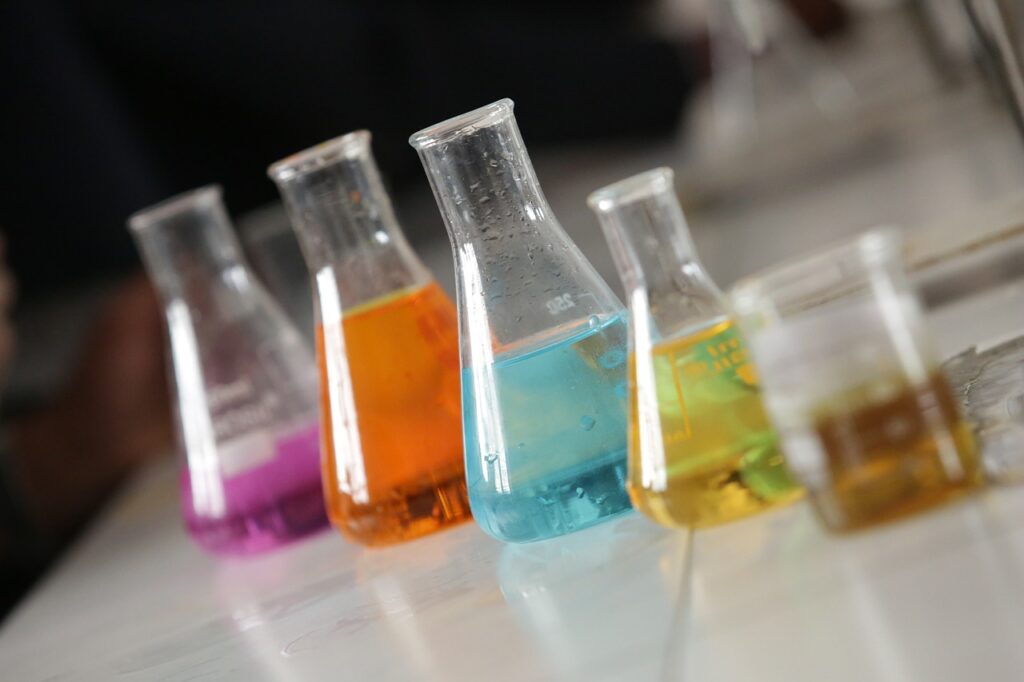The European Union has officially banned Bisphenol A (BPA) in all materials that come into contact with food. This regulation, which came into force on January 20, aims to reduce consumer exposure to the harmful endocrine disruptor.
Comprehensive Ban Extends to Various Manufacturing Materials
BPA is a widely used chemical found in food containers, water bottles, and can linings. With this ban, BPA can no longer be used in producing materials that might contact food. These include plastics, rubbers, glues, printing inks, varnishes, coatings, silicone, and ion exchange resins.
The decision builds on growing evidence about BPA’s health risks. “Bisphenol A has been on the EU’s list of substances of very high concern under REACH since 2006 for reproductive toxicity,” said Sandra Jen, Head of the Health and Chemicals Programme at the Health and Environment Alliance (HEAL). “Since 2017, it has also been recognised for its endocrine-disrupting effects on human health. BPA has been linked to breast cancer, diabetes, and neurobehavioral disorders,” she added.
The European Food Safety Authority (EFSA) published a report in 2023, concluding that dietary exposure to BPA poses risks to people of all ages. Scientists have long warned about these risks, advocating for broader restrictions on BPA’s use.
Advocacy for Further BPA Regulations
The EU had already banned BPA in baby bottles in 2011, protecting infants and young children from exposure. However, the process of extending the ban to all food-contact materials took more than a decade. Sandra Jen noted the delay, stating, “Scientists have raised concerns about BPA for over ten years. The European Environment Agency also issued a report on this issue more than a decade ago.”
Health advocates are now urging the EU to expand BPA restrictions to include other consumer products. Toys and other items where BPA is still used remain a concern for regulators and public health groups.
The new ban is a significant milestone in limiting exposure to harmful chemicals in everyday items. However, experts believe it is only the first step in ensuring consumer safety. The EU’s leadership in regulating BPA sets an example, but faster action on related chemicals is still needed.
